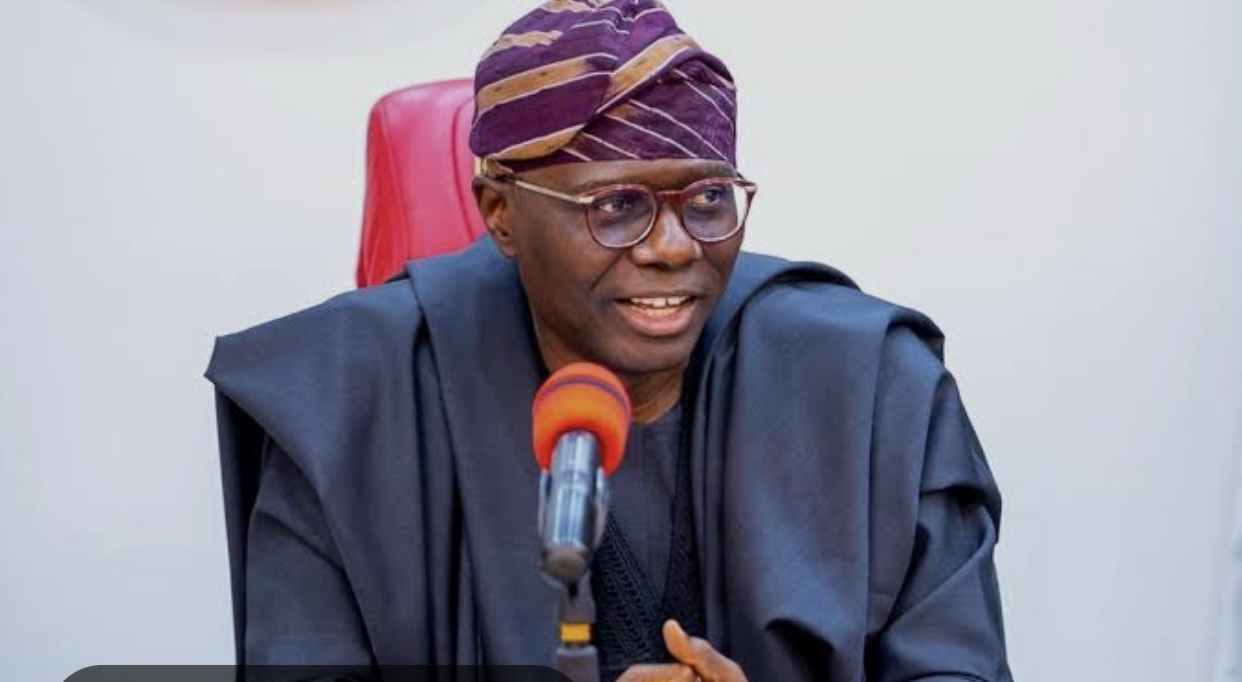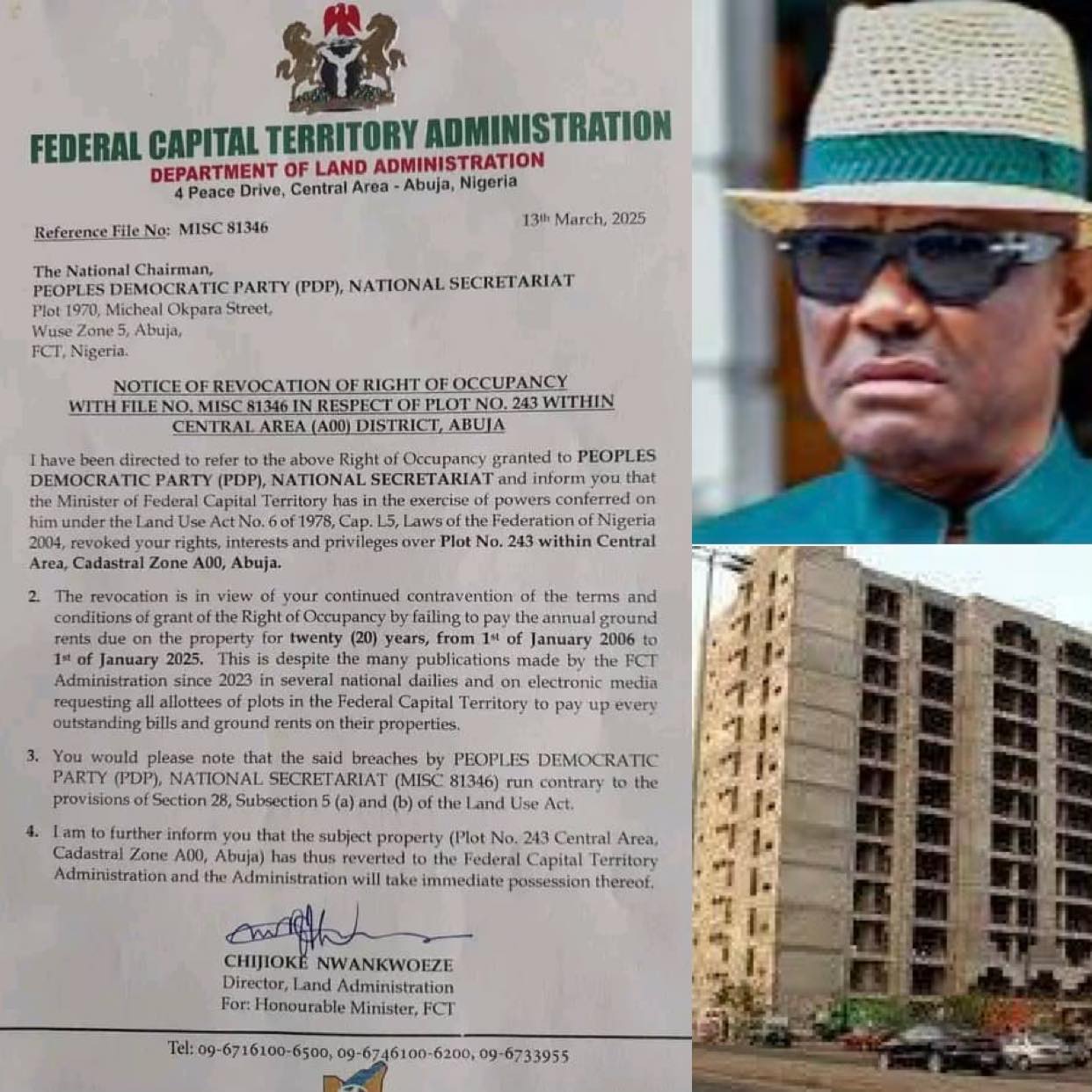Maritime Experts Laud NIMASA’s Commitment to Full Implementation of the CVFF at Lagos Seminar
Maritime authorities and industry stakeholders have commended the Nigeria Maritime Administration and Safety Agency (NIMASA) for its dedicated efforts toward fully implementing the Cabotage Vessel Financing Fund (CVFF). The recognition came during a vibrant panel discussion at the 2025 One-Day Maritime Law Seminar in Lagos, organised by the Nigeria Maritime Law Association.
Under the theme “Lens into the Future of the Shipping Industry,” the seminar delved into both national and global maritime trends. A key focus was on the challenges and opportunities surrounding the CVFF, especially its effective distribution and role within the broader Cabotage Act.
Innovative Financing Strategies for Nigerian Shipbuilding
Maritime lawyer Mr. Adedoyin Afun of Bloomfield LP explained that NIMASA is actively exploring ways to utilise the CVFF to boost ship financing, particularly through guarantees that can attract investors. He highlighted that shipbuilding projects often involve emission guarantees, which assure payment obligations on new vessels.
“NIMASA is exploring partnerships with multilateral agencies to facilitate ship finance credit, seller’s credit, and improved shipbuilding. Shipyards can build for Nigeria with NIMASA providing guarantees,” Afun noted. “The funds are protected unless there is a payment default, and these arrangements open opportunities for attracting third-party funding and expanding maritime capacity.”
A Century for the CVFF: A New Era for Local Shipowners
Jibril Abba, NIMASA’s Executive Director for Cabotage and Maritime Labour, characterised the CVFF as a transformative initiative for Nigerian shipowners. Speaking through Deputy Director (Legal), Mr. Abdulmumuni Dirisu, Abba emphasised that the disbursement process would now be more transparent and aligned with modern eligibility criteria, in collaboration with 12 primary lending banks.
He reminded stakeholders that CVFF is a loan scheme, not a grant, urging applicants to follow due process through designated financial institutions. Abba also acknowledged the importance of stakeholder collaboration, especially with the Nigeria Maritime Law Association, in refining the agency’s implementation strategies.
Calls for Fleet Expansion and Domestic Capacity Building
Capt. Ladi Olubowale, President of the African Ship Owners Association, issued a rallying cry for increased investment in Nigeria’s strategic and service vessel fleet. He emphasised that Nigeria must acquire vessels for coastal trade and decrease reliance on foreign-flagged ships for regional fuel distribution.
“Dangote now uses Angola’s fleet,” he pointed out. “When will Nigeria have its vessels flagged and ready for trade? There are ships on sale that are suitable—under five years old with ample service life left—yet Nigeria remains dependent on third-party ships to discharge cargo within our waters.”
Olubowale highlighted that Nigeria might need up to 25 years to develop a fully self-sufficient shipbuilding industry, and currently, only five countries globally manufacture ships.
A Call to Mirror Aviation’s Success
Hassan Bello, former NSC Executive Secretary, drew parallels with aviation, asserting that Nigeria’s effective implementation of cabotage rules in the aviation sector could serve as a blueprint for maritime operations.
He urged the Ministry of Marine and Blue Economy to emulate the success stories from aviation, issuing directives that promote domestic trade within Nigerian waters and establishing a strategic fleet for international trade. Increased stakeholder involvement, he argued, would be vital for strategic planning and execution.



